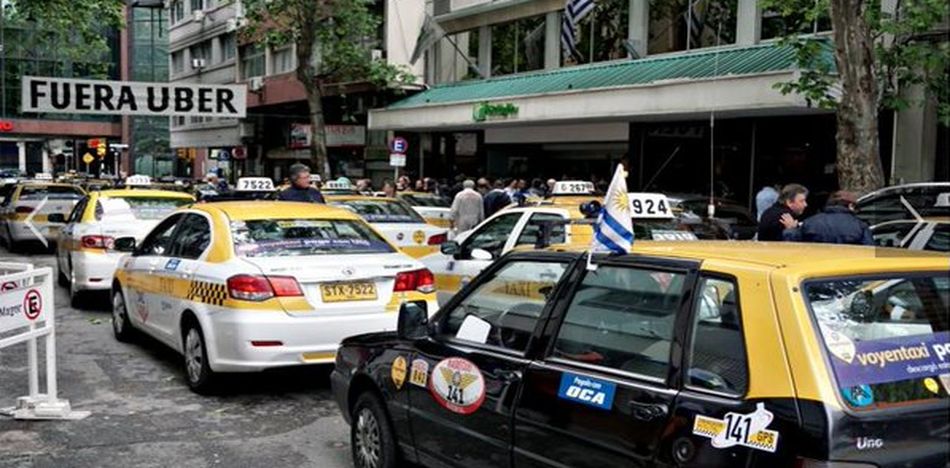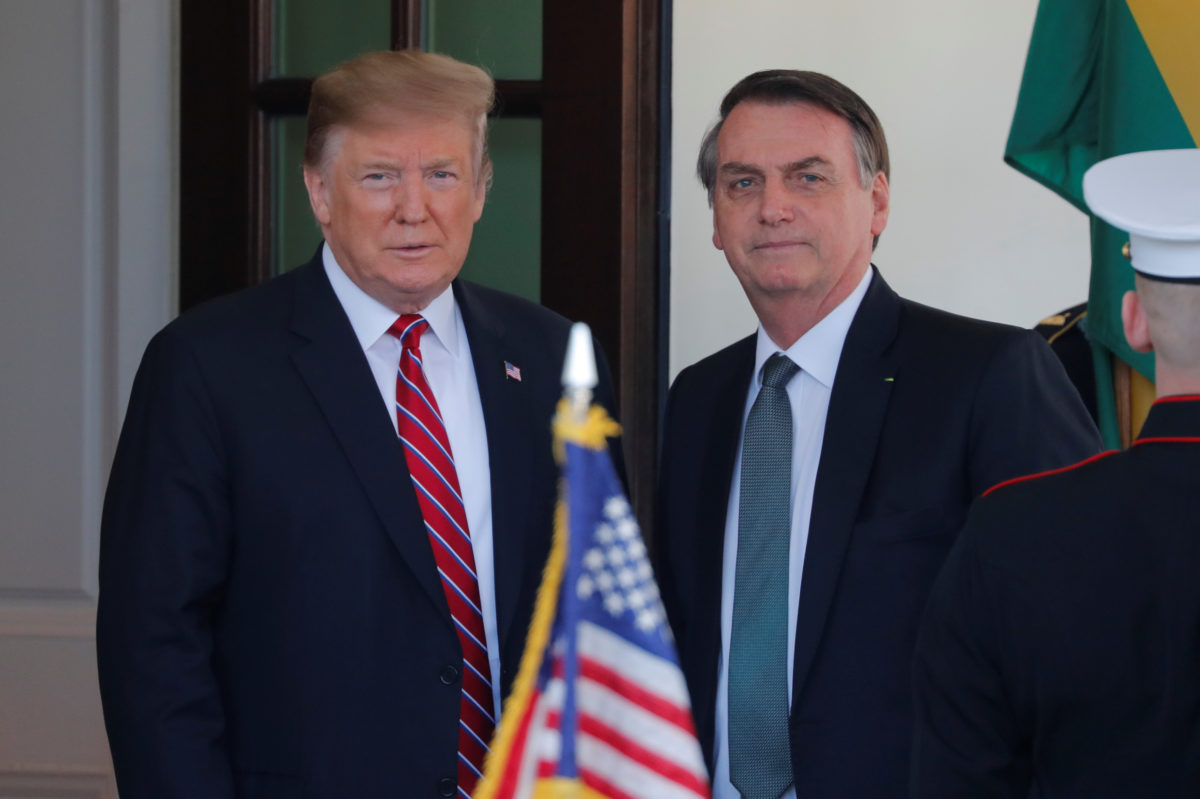
By Cristián Correa
First, the government of Montevideo, Uruguay used its sweeping powers to limit the supply of ride-sharing transportation. Now, the departmental government plans to modify the regulation, after a year of notorious deterioration in the quality of service, which has been a clear product of harmful state intervention.
Uber landed in Uruguay in November 2015, and began to operate within the framework of the principle of free markets. Uruguayan passengers quickly began to enthusiastically use the service, tired of the bad system of regulated taximeters. Soon, both the state and taxi drivers began a systematic persecution of the application-based ridesharing drivers, often attacking them with extreme violence when trying to repress freedom of commerce. One year later, in December 2016, a regulation was approved which, among other restrictions, left to the discretion of the departmental Executive Power the number of vehicles that could offer the private passenger service through applications. At the beginning of 2018, the government decided to close the vehicle registry and therefore closed the market, preventing new drivers from offering the service. In addition to the harm done to those who were now deprived of work, users experienced all kinds of inconveniences that did not occur before the state intervention.
With fewer drivers available due to the decision made by bureaucrats who do not tolerate the simple market principle of supply and demand, they imposed by decree a limit on the number of suppliers in a market. Thus, the waiting time for cars increased considerably. Likewise, the new regulation also impacted the price, since on the one hand, it created new municipal taxes specific to the service, and in turn, limited the supply.
Now, after seeing firsthand the failures of its regulation, the government wants to reopen the drivers’ registry. But to add to their statist evils, they also intend to incorporate another regulation even more interventionist than the previous one, preventing a driver who does not own a vehicle from working with a third party’s car. Now, the vehicle that registers to offer ridesharing services can only be driven by its owner, not another driver. The authorities claim that they want to prevent subordinate work. In this way, for example, immigrants who arrive to the country fleeing from hunger and misery of socialist regimes such as Venezuela, who once had a job opportunity, will not be able to drive through ridesharing apps unless they can acquire their own vehicle. Unfortunately, after escaping from ultra-interventionist tyrannies that destroyed the economy of their countries of origin, they find themselves butting head with a similar phenomenon: the Uruguayan state, which regulates and obstructs everything.
Once again, the state proves to be the main enemy of the most humble people, taking away from them a job opportunity offered by the free market. Imagine the plight of Cubans, Venezuelans, Uruguayans or those of any other nationality, who currently work driving a rented car; now they will be suffering from the persecution of Montevideo, as authorities take to the streets to inspect every vehicle to ensure that ridesharing services are offered only by vehicle owners, or they lose their employment.
Undoubtedly, the solution to the problem that the state itself created, is to repeal the regulation, stop the intervention, and let the market return to self-regulation, as happened when transport apps began to work optimally in Uruguay. That they were not regulated, but this did not mean that they were outside the law.
There is a tremendous confusion regarding what is legal, regulated, or prohibited. It would seem that the statists have managed to convince the population that “unregulated” is synonymous with forbidden or illegal, when in reality the absence of regulation means freedom. They fear that the individuals think that they can develop some activity without submitting themselves to the state machinery, and therefore they generate distrust towards the “unregulated” activities, in such a way that more intervention and more regulations are demanded.
The case of apps like Uber in Uruguay, shows once again that state interference destroys genuine jobs, deteriorates the quality of originally efficient services, and generates violent conflicts where once there was a peaceful market solution.
Cristián Correa Crego is a law student and columnist at “Libertad Uruguay.”
 Versión Español
Versión Español













